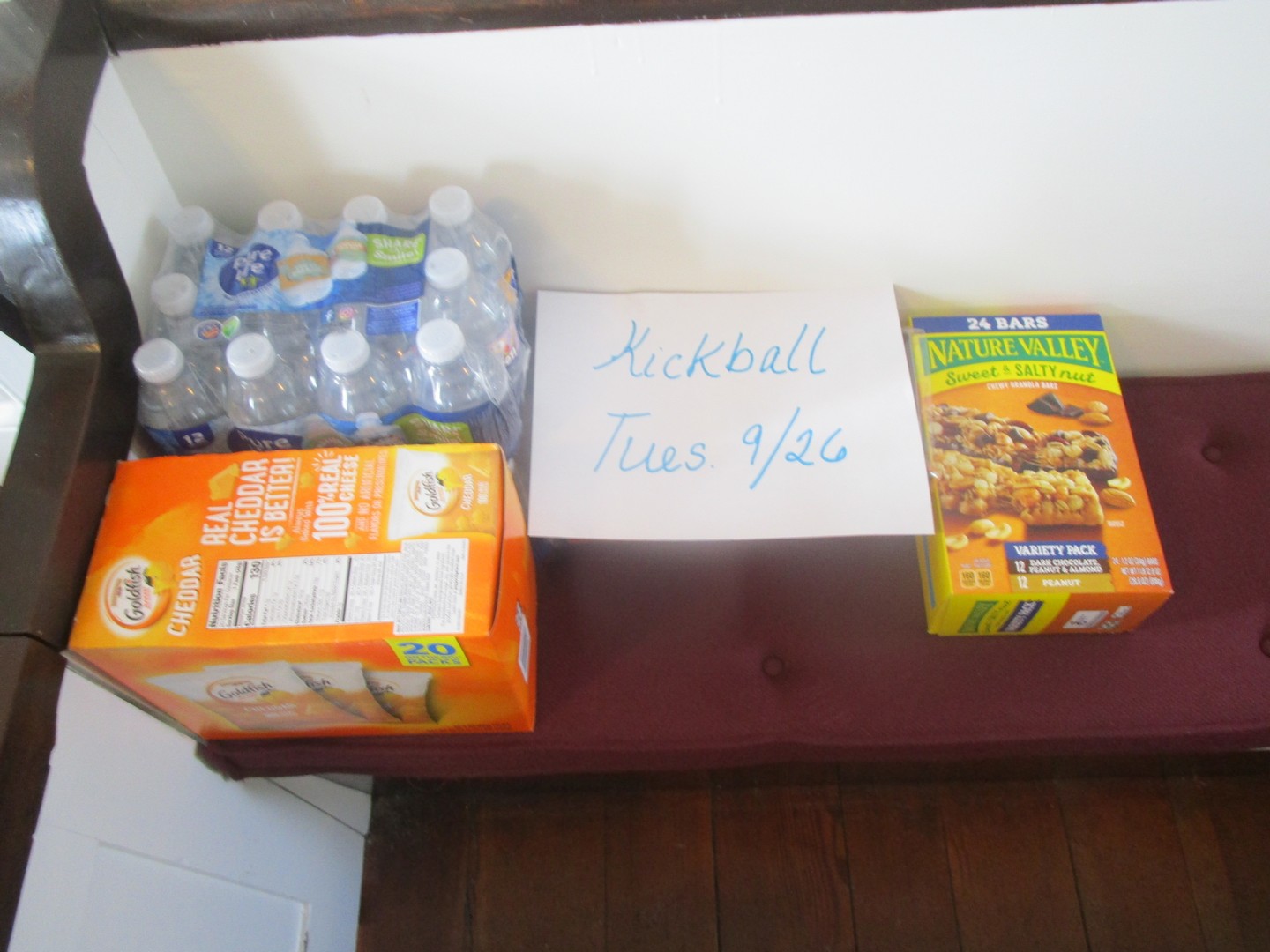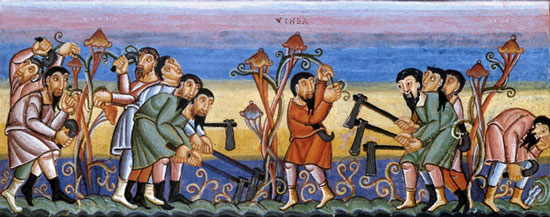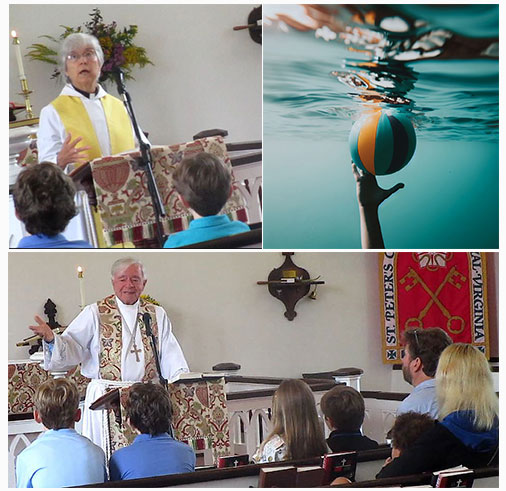
The Gospel passages from Sept 10 and 17, 2023 work well together as demonstrated by Tom’s (Sept 10) and Catherine’s (Sept 17) sermons. Both were about forgiveness and mostly the failure to practice it. And both used the same symbol – an inflated beachball that had to be held underwater which symbolized the lack of forgiveness.
Video Links –
1 The Rev. Tom Hughes (Sept 10)
2.The Rev. Catherine Hicks (Sept 17)
Tom preached that forgiveness is one of the critical issues of life. Without it, you limit yourself and are constantly frustrated. It derails your life in God. It keeps you in the past and keeps you from flourishing in the present and future. It keeps a hold on you – chaos is the only winner in that situation. It keeps you from loving God.
Forgiveness is an important place to start creating a new life and living in a different way. New life is part of the Season of Creation which we are celebrating.
Tom brought up a metaphor of a beachball that you are being forced to hold underwater. You can’t do anything else -your hands are occupied. That’s the case of not forgiving.
If we expect God to forgive us we have to be open to forgive others. In many cases, we are not prepared to receive it. We cannot understand it If we hold out on our unforgiveness to others who have hurt us.
Tom described his method for forgiveness. Go find a quiet place and go over every detail of the “crummy’ incident = what is haunting us, where you have been wronged or have wronged others. Finally, you pray “O Lord take this from me.” I will not think of it again. It is done with. I forgive and let go and accept and give forgiveness.
Tom believes it is important both to forgive and forget to restore your life. Both you and the other person are set free though you may have to repeat this process more than once to be truly effective.
On Sept. 17, Catherine described the Gospel story where a slave fails to practice forgiveness. “In today’s gospel, Jesus tells a story about a king who forgave a slave in tremendous debt to the king. That slave, having been forgiven his debt, went out and refused to forgive one of his fellows who owed him money. In fact, the forgiven slave had the person in debt to him thrown into jail until the man could pay his debt to the slave the king had so generously forgiven.
“The others who witnessed all of this went and told the king, who called the forgiven slave in. The king said, “You wicked slave! I forgave you all that debt because you pleaded with me. Should you not have had mercy on your fellow slave, as I had mercy on you?”
“And the king hands over the slave to be tortured until he pays his original debt. And then comes this zinger from Jesus. “So my heavenly Father will also do to every one of you if you do not forgive your brother or sister from your heart.” That is, we suffer the consequences when we continue to be unforgiving people.
“So I’m wondering—are there, in the end, limits to God’s limitless mercy? The answer to that question is yes, there are limits to God’s mercy—the limits to that mercy that we create through the exercise of our own free will.
“So let’s do a thought experiment. Go back to Tom’s beach ball image for a moment. Imagine that you are at the beach in the water, right beyond the breakers, holding down the ball under the water.
“Jesus comes walking by, sees what is going on, wades out to you and says, “Hey, let me hold that beach ball underwater for you.” You gratefully agree because you’re tired, and you hand Jesus the beach ball. Jesus holds the ball underwater for a minute with you still standing there, amazed that someone would do this for you.
“And then Jesus laughs and says, “Listen, there’s something I’d love to do for you. I’m going to free you from this ball forever so you can go live your life. Is that ok with you?” You reluctantly agree. Jesus takes the ball and hurls it far out into the ocean, and the currents quickly carry it out to sea.
“For a moment you are relieved, but then you think to yourself, “Wait, I can’t let that ball go! What am I going to do if I can’t hold this ball underwater?” You ignore Jesus, who continues to stand next to you, hoping that you will go with him back to shore, and you start swimming out toward the ball. Jesus stands there in the water weeping, as you swim far, far out into the ocean, swimming after the ball that was already robbing you of life, and ultimately you drown.
“What ball are you chasing today that Jesus has ALREADY taken away from you? What is it that you can’t forgive or let go, that you keep taking back, even though you have been forgiven and freed by God and by others for your sins toward them over and over and over?
“The unforgiveness that you hold onto, the unforgiveness toward others or even toward yourself that you keep holding onto because you think you can’t live without it, because it’s become such a part of you, is going to kill you in the end.
“Here’s the good news. No matter how many times we take that ball out into the ocean and try to hold it underwater, Jesus will come out to us and offer to take the ball away. Seventy times seven, and then on and on, through infinity. In that way, God’s forgiveness is limitless
“As St Augustine says, “Sins that have been forgiven return when there is no brotherly love.” And that is the whole point of this story. Our sins return because WE keep making space for them, and even actively taking them back, even after we’ve been freed of them, when we choose not to forgive and to love one another from our hearts.
“Paul asks the people of the church in Rome, “Why do you pass judgment on your brother or sister? Or you, why do you despise your brother or sister? For we will all stand before the judgment seat of God.” We all stand before the judgment seat of God all the time. Jesus is next to us in the water all day long, hoping to take away that ball of unforgiveness that is distracting us and potentially killing us once and for all.
“Last week, Tom reminded us that when are tempted not to forgive someone or when we are tempted to continue carrying a grudge, to go to a quiet place and after thinking about all that has happened, let that thing go. Yes!
“Another important thing about these lessons is the reminder that once the ball is gone, we need to replace the ball with something else, or we will start longing for the ball again, because it’s what we know, and we’re comfortable with it, even if we don’t like it.
“Replace the thing you’ve released with praise for our almighty Lord, our healer, redeemer, our advocate, the one who loves us through eternity. And the one who frees us, once and for all, to live free, joyful, and loving lives.”



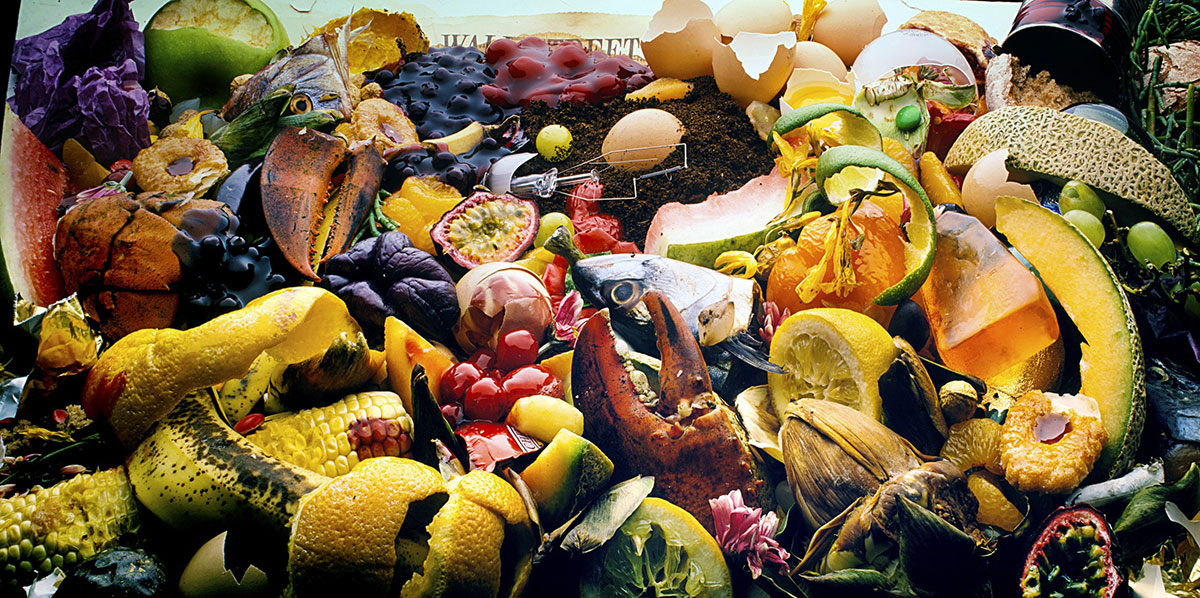
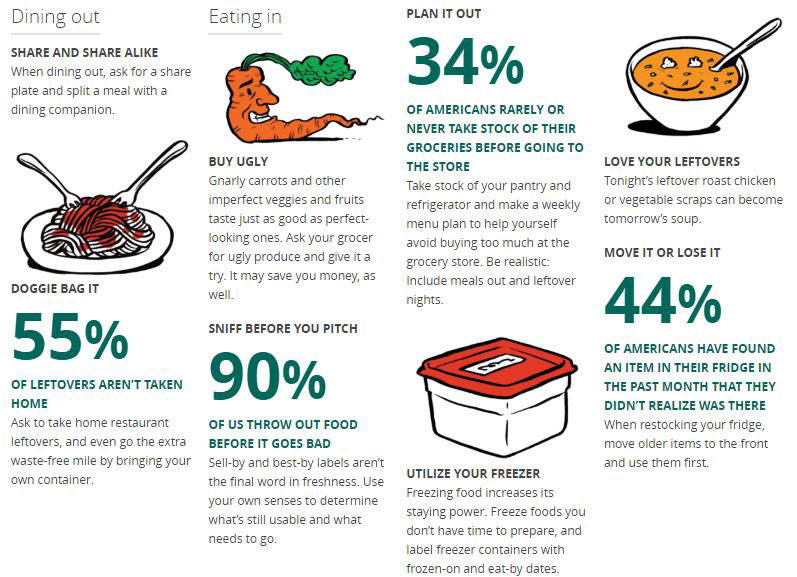
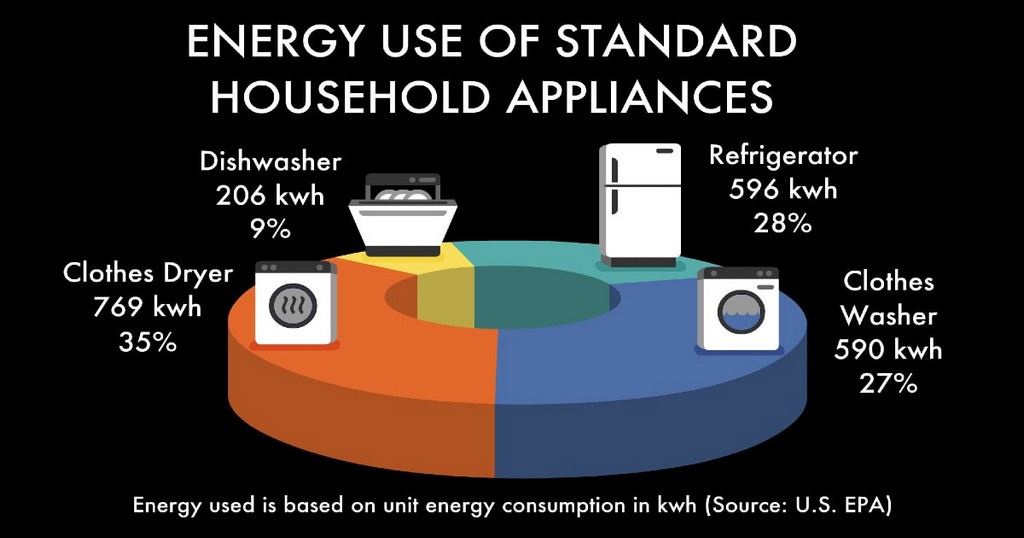
 on the bottom right of the PowerPoint window to enlarge
on the bottom right of the PowerPoint window to enlarge

